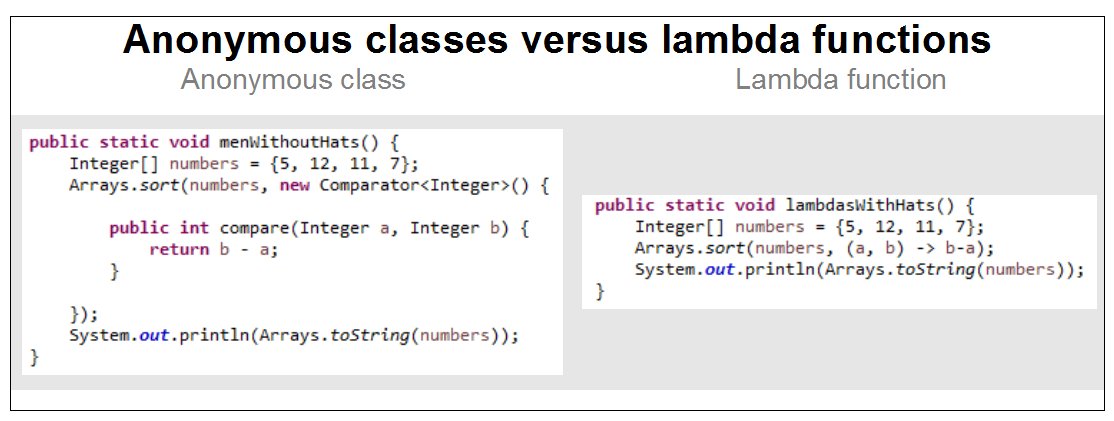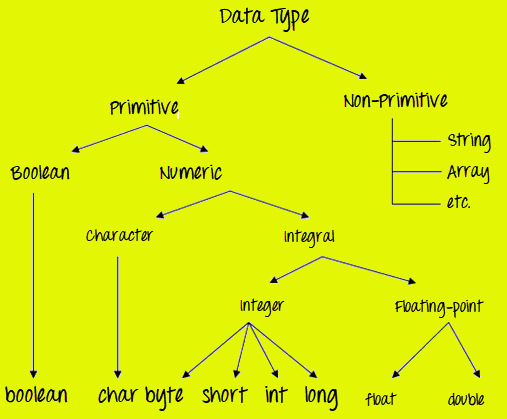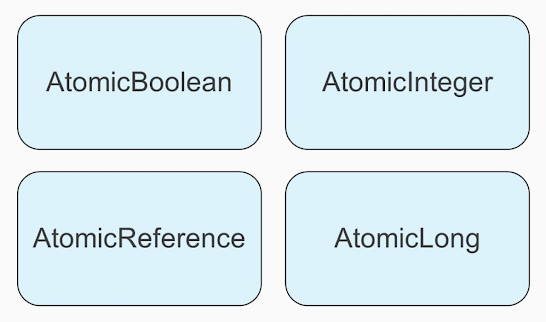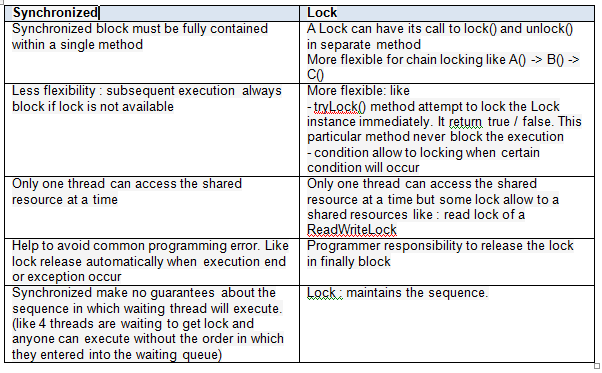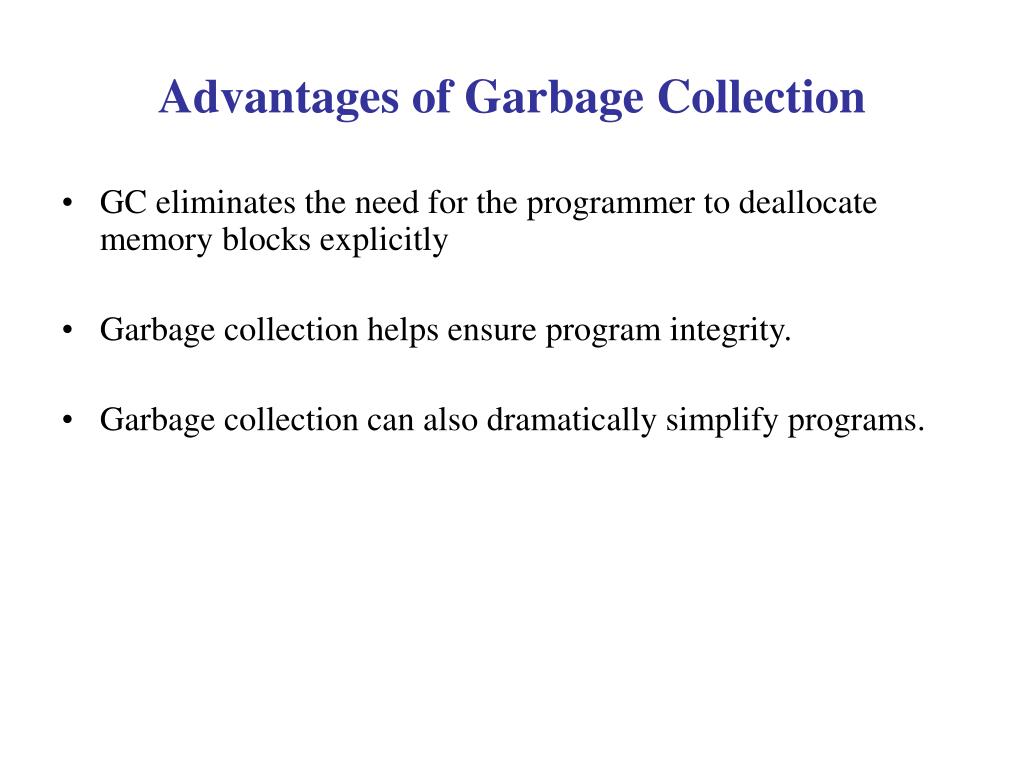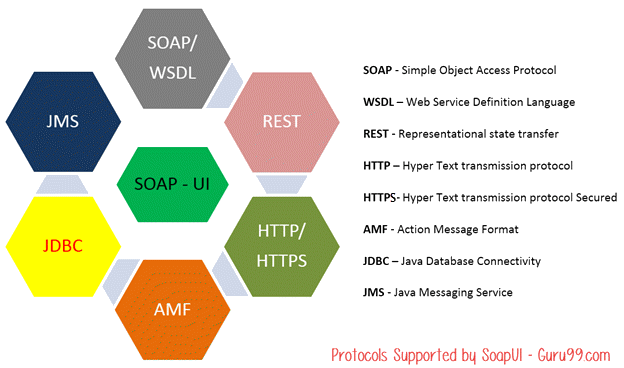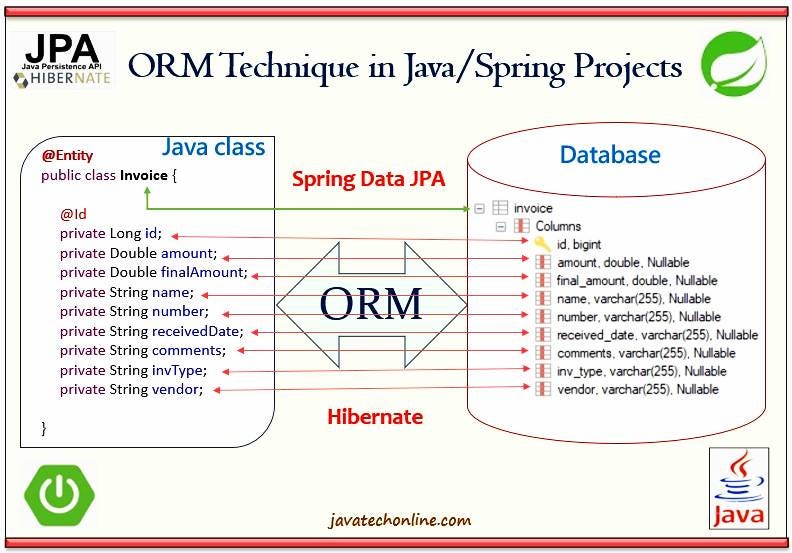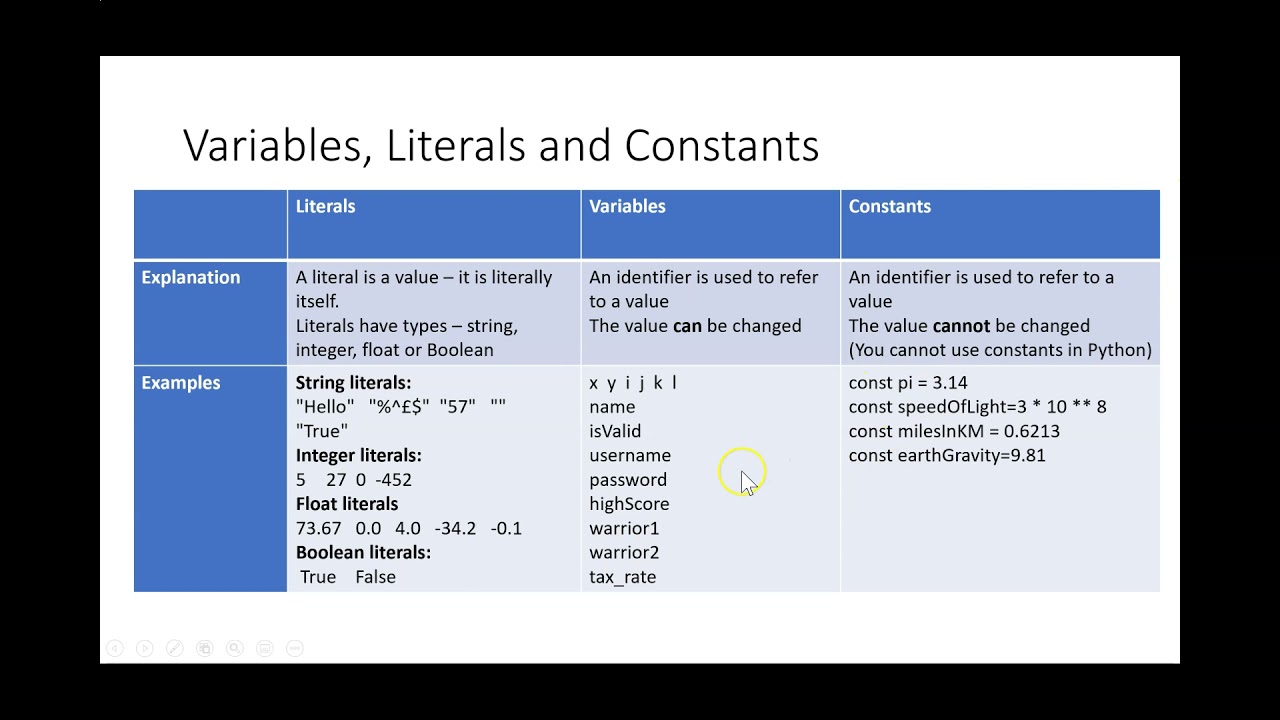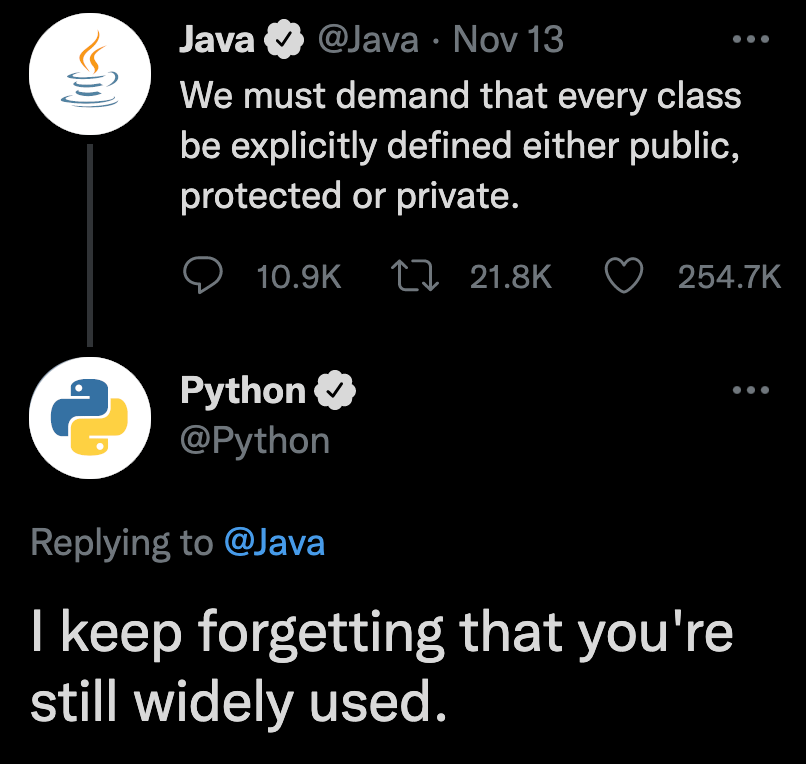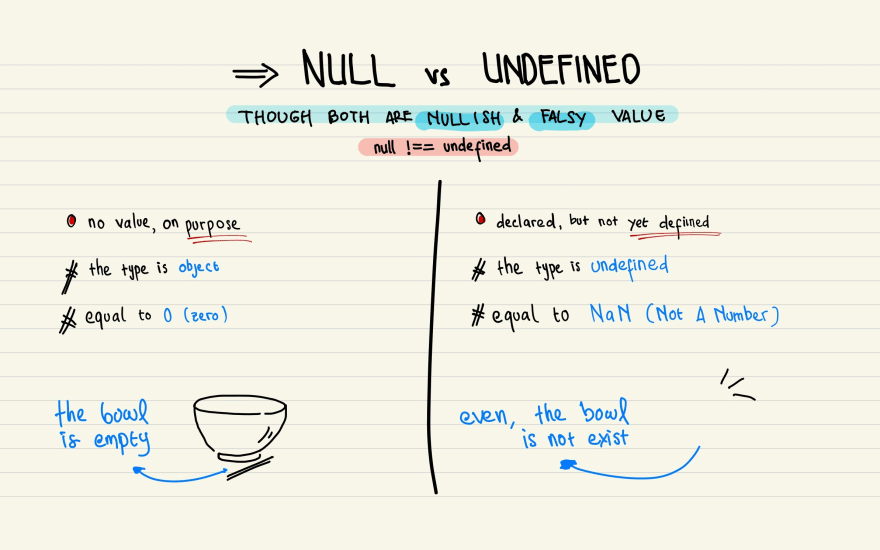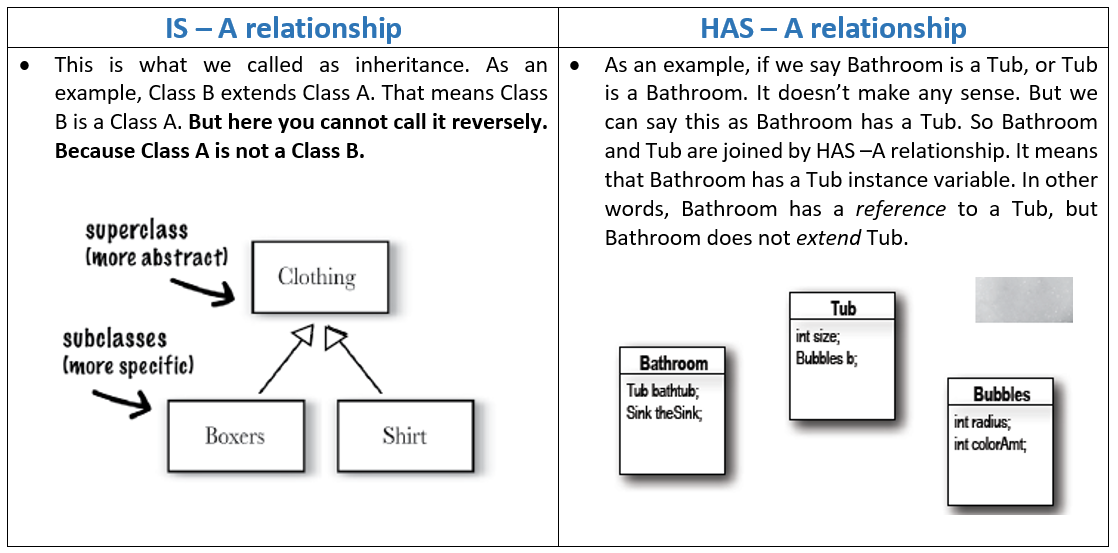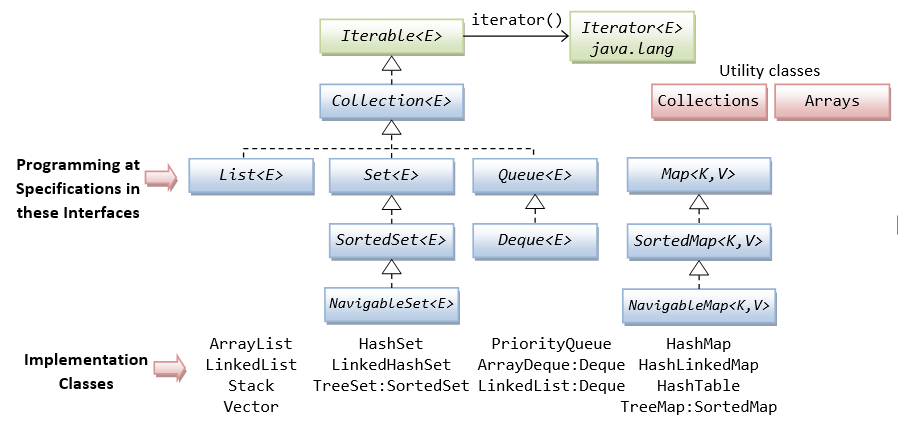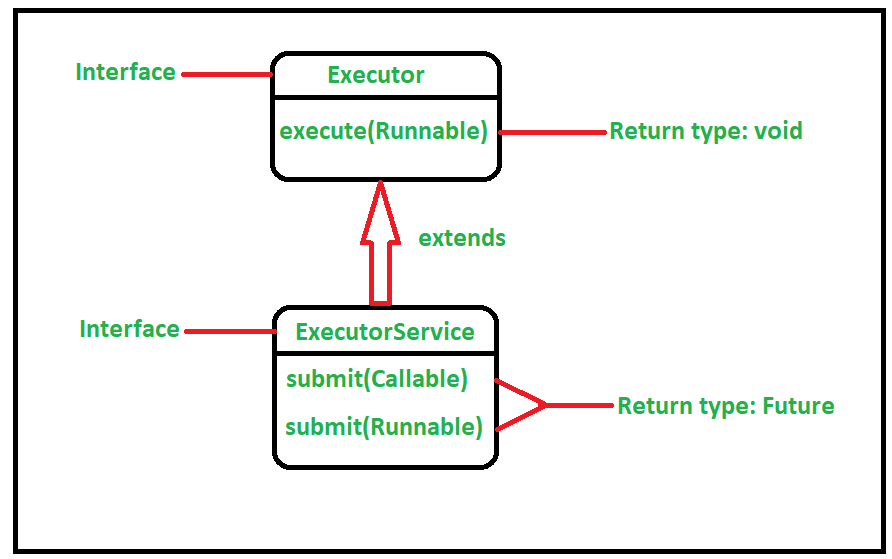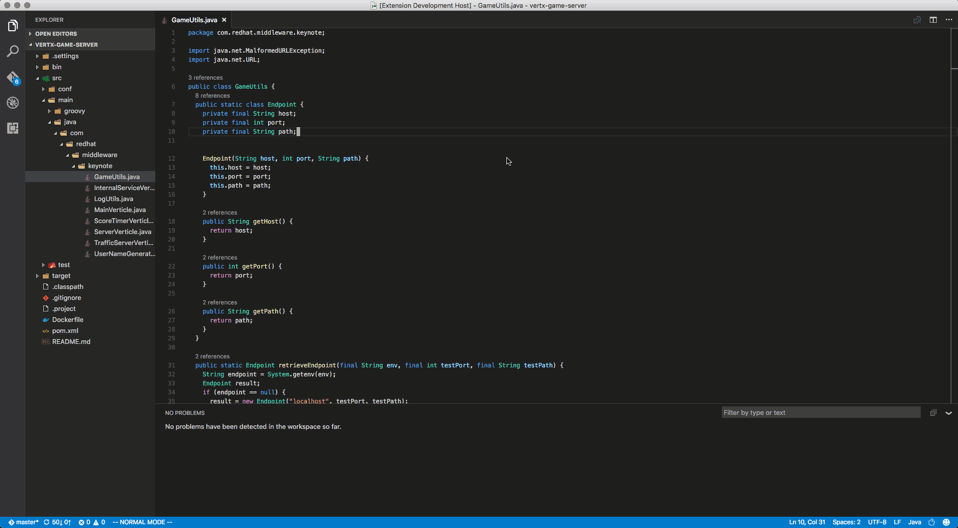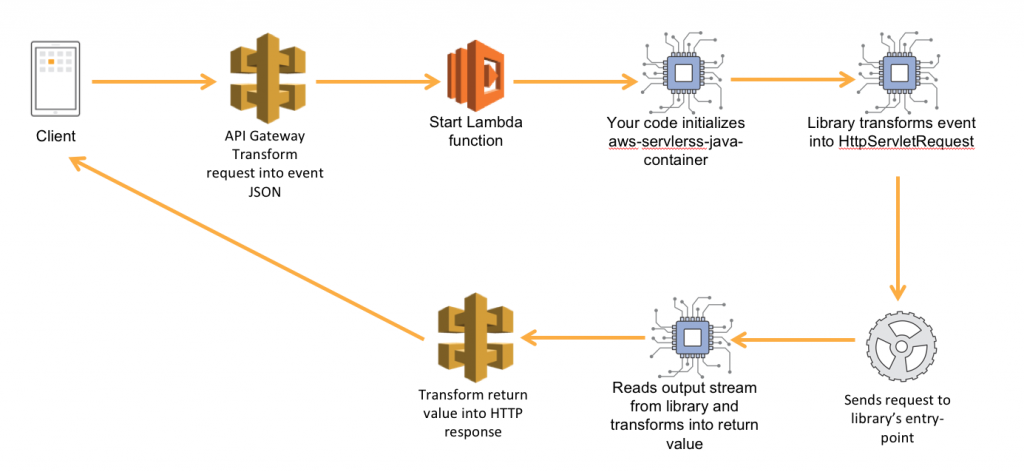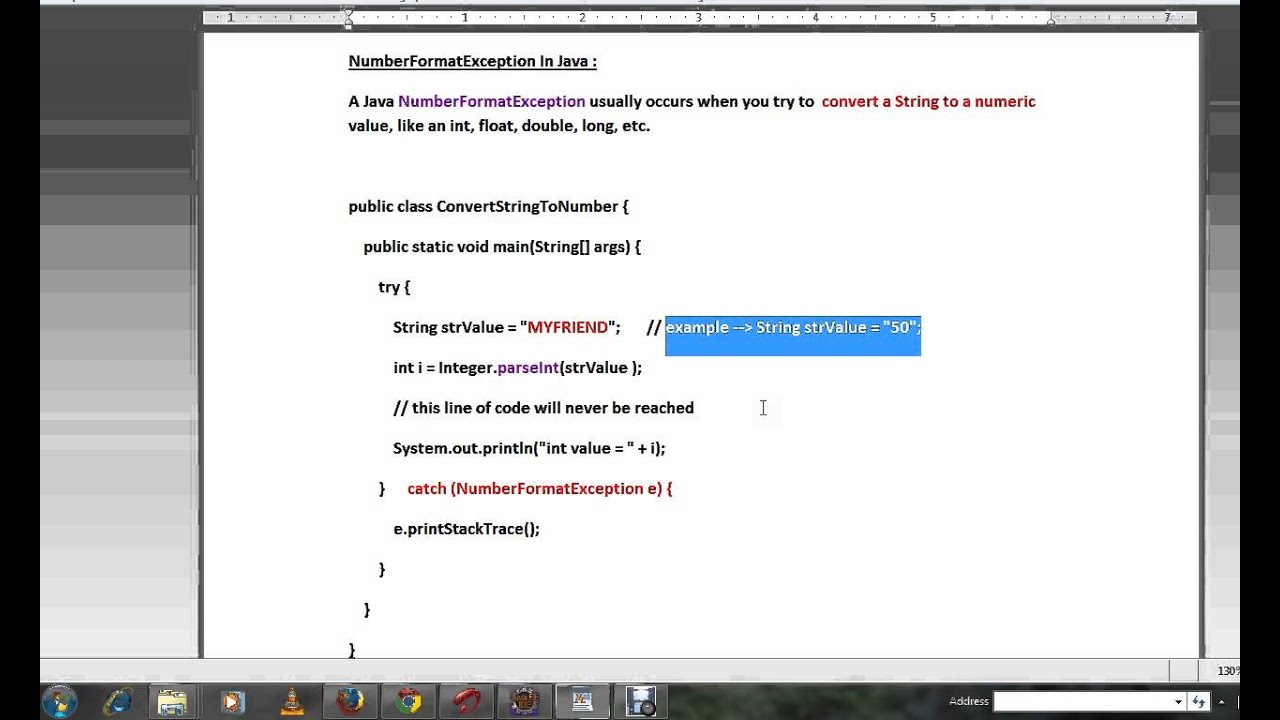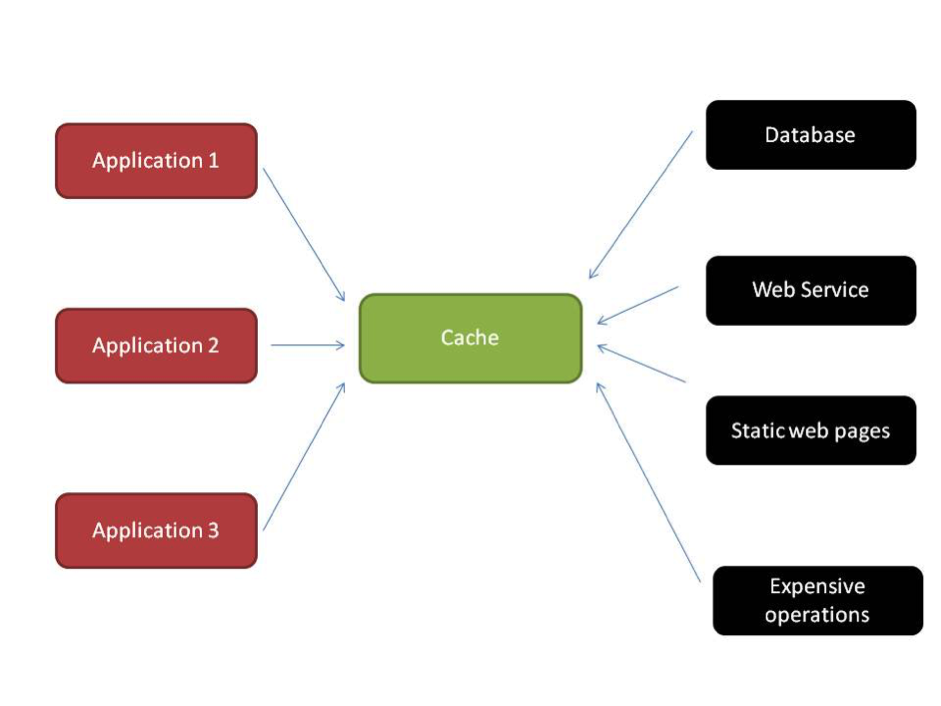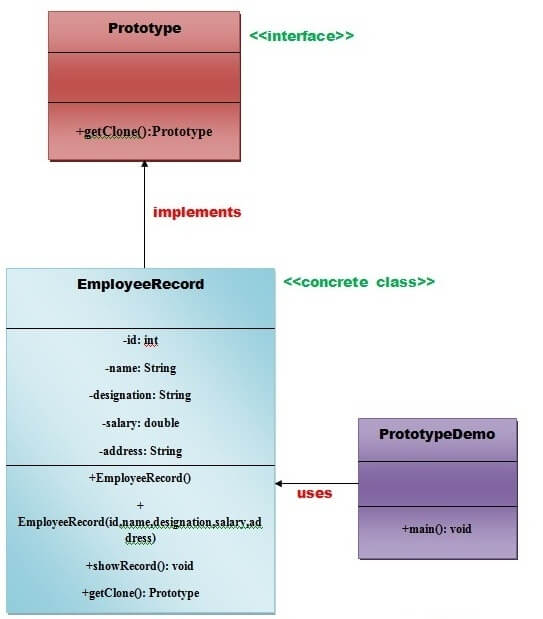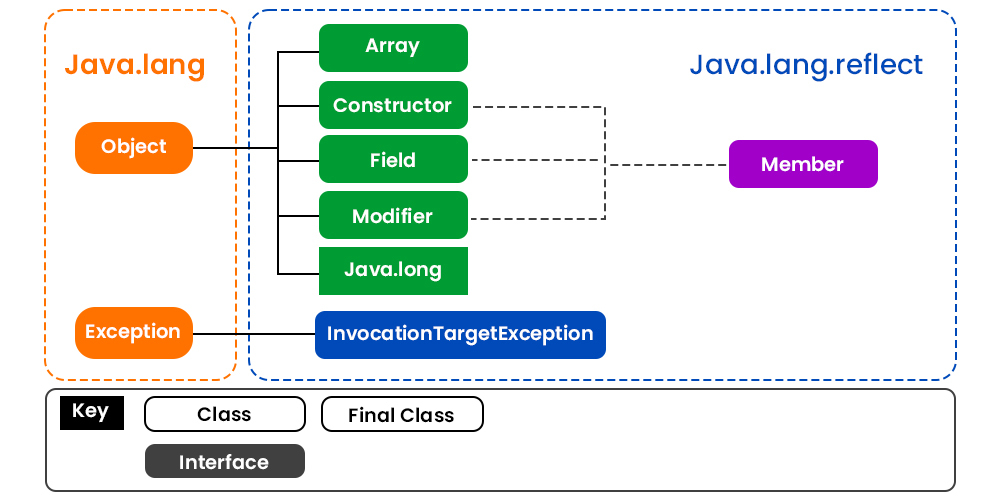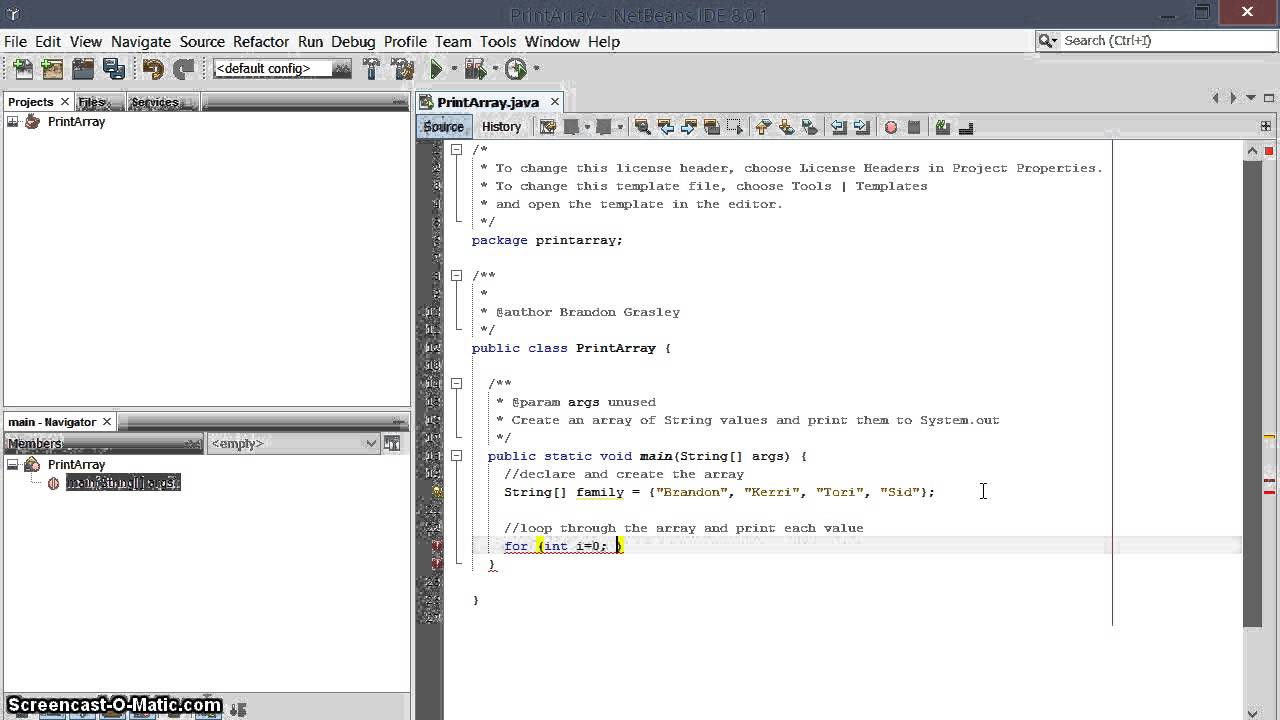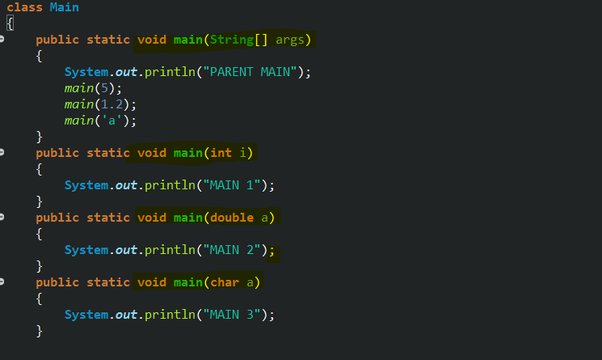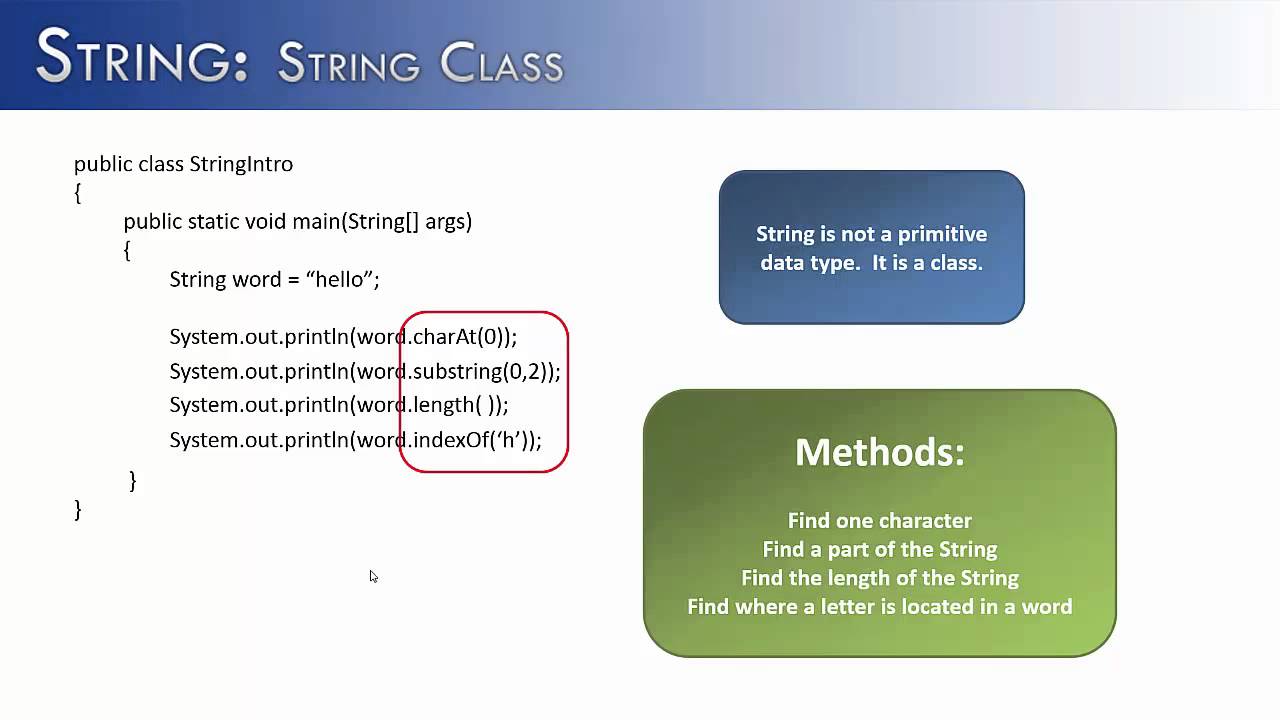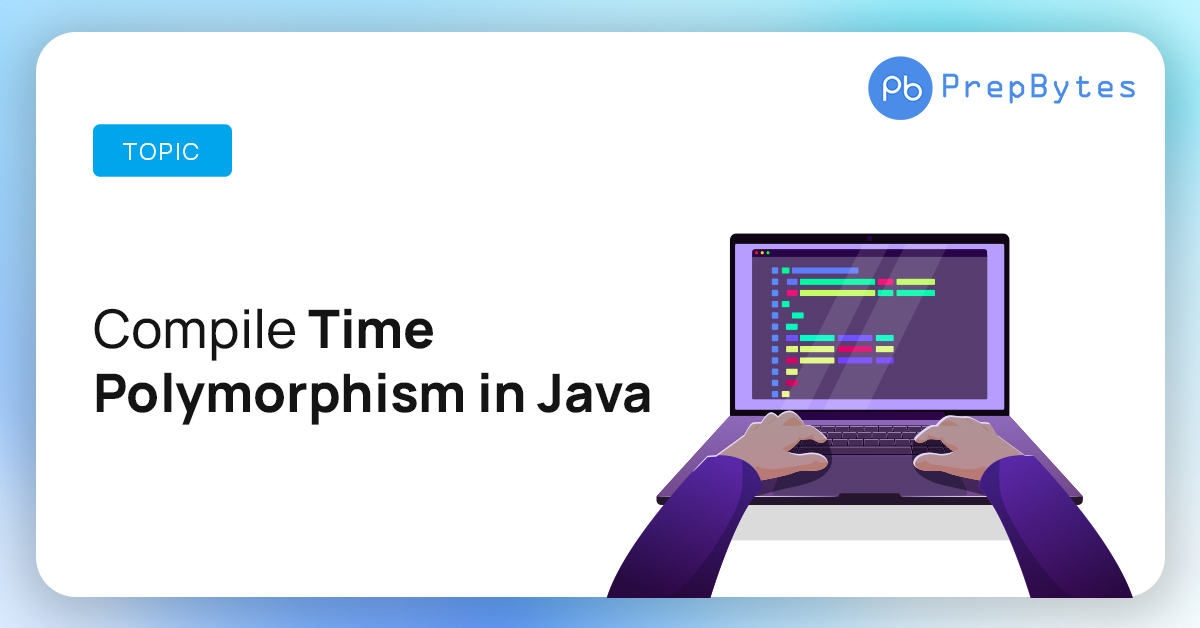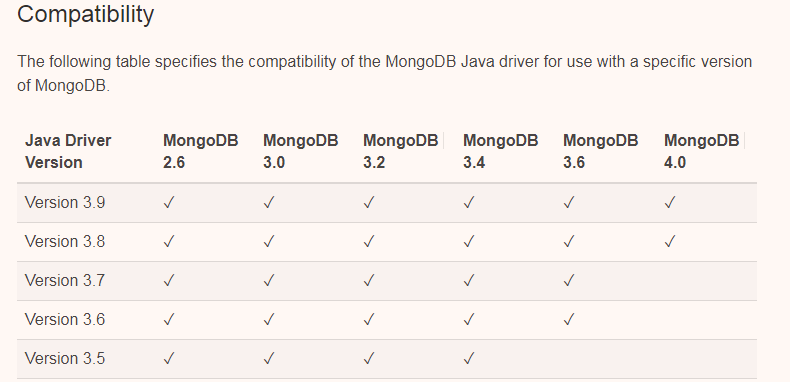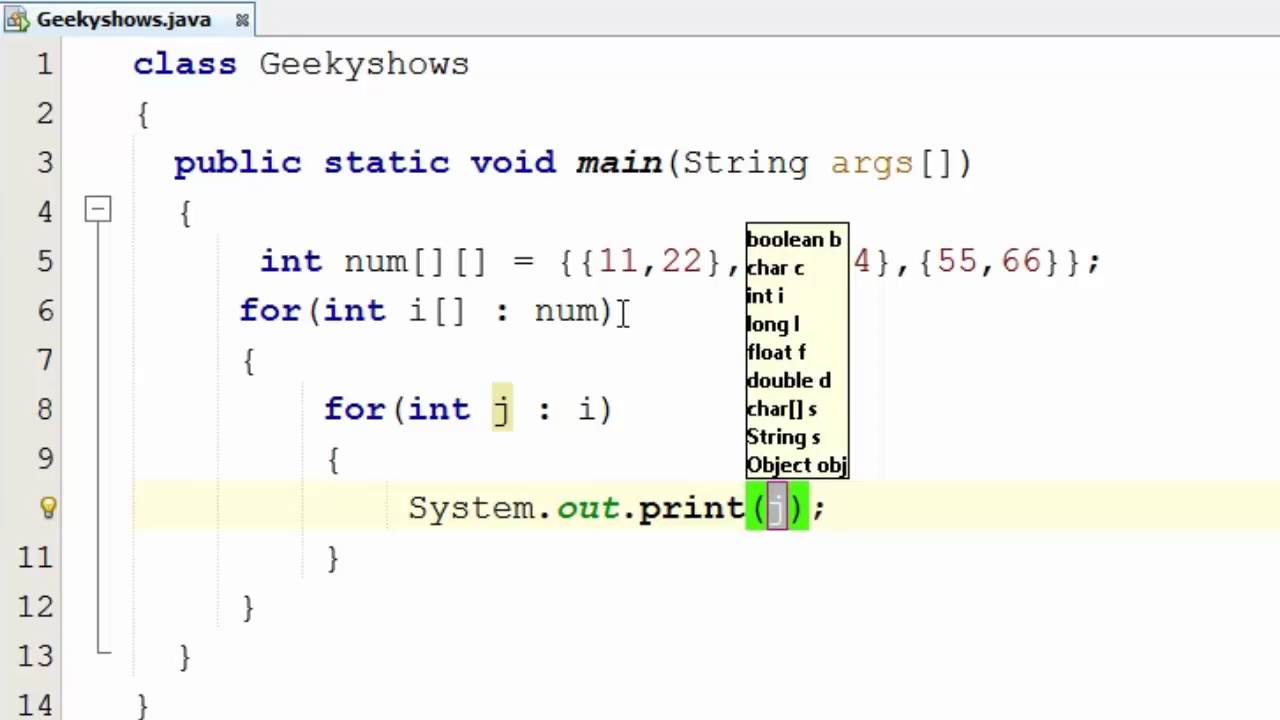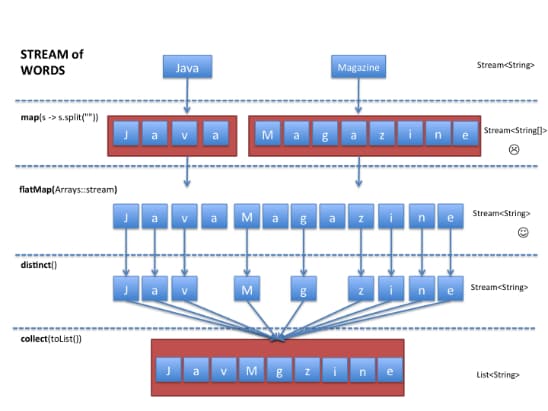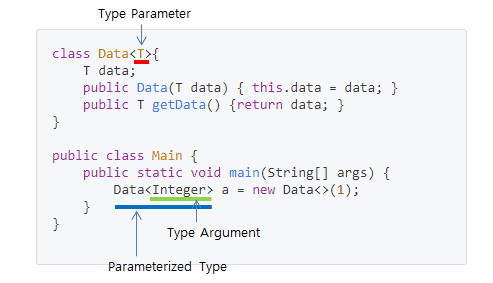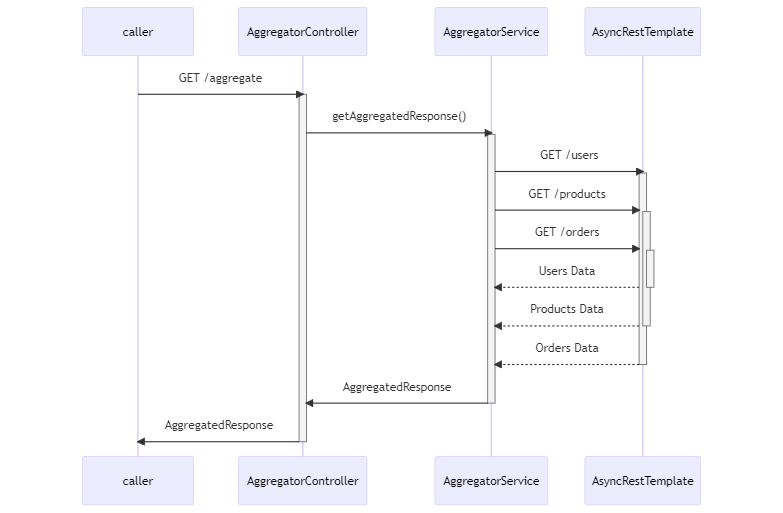How to create a Java lambda function?
How to create a Java lambda function?
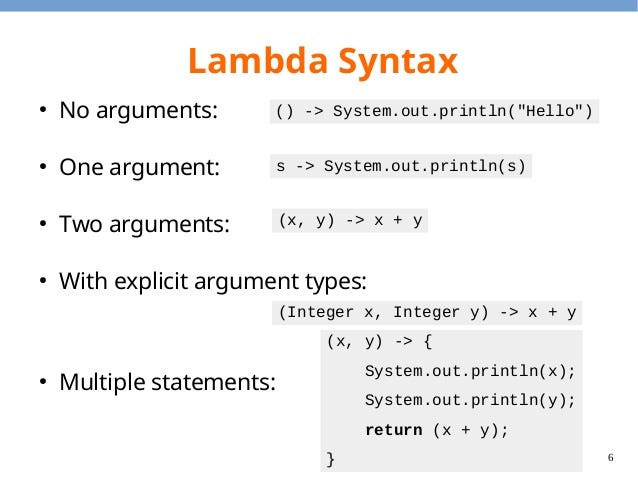
Java Lambda Expressions are used to implement functional programming concepts like map, filter, and reduce. They were first introduced in Java 8. Here's how you can create one:
The syntax for creating a Java lambda expression is as follows:
(Arguments) -> { Code }
The Arguments part is optional if you have no parameters.
Let's say we have an ArrayList of integers and we want to square each number using a lambda function. Here's how you can do it:
import java.util.*;import java.util.function.*;
public class Main {
public static void main(String[] args) {
ArrayList numbers = new ArrayList<>();
numbers.add(1);
numbers.add(2);
numbers.add(3);
// Lambda function to square each number
numbers.stream()
.map(num -> num * num)
.forEach(System.out::println);
}
}
In this code:
We create anArrayList called numbers. We use the stream() method to convert the ArrayList into a Stream. The map() function applies our lambda expression (in this case, num -> num * num) to each element in the Stream. It's like saying "For each number in the list, square it". Finally, we use the forEach() function to print out the squared numbers.
The output would be:
1
4
9
You can also have multiple parameters in your lambda function:
(numbers.stream().map((num1, num2) -> num1 + num2)
.forEach(System.out::println));
In this case, you're summing each pair of numbers in the list.
If you want to ignore some of the parameters in your lambda function and use only some of them, you can do that like so:
(numbers.stream().filter((num1, num2) -> Math.abs(num1 - num2) < 10)
.forEach(System.out::println));
Here, we're creating a filter to ignore all pairs of numbers where the absolute difference between them is greater than or equal to 10.
What are the benefits of lambda expression in Java?
The lambda expression in Java is a powerful feature that enables developers to write concise and expressive code. Introduced in Java 8, lambda expressions provide a way to implement functional interfaces (an interface with a single abstract method) without explicitly declaring an instance of the interface.
One of the primary benefits of using lambda expressions in Java is improved readability and conciseness. Lambda expressions allow you to define a block of code that can be executed on demand, making your code more compact and easier to understand.
Here are some specific advantages of using lambda expressions in Java:
Concise Code: Lambda expressions enable you to write short and sweet code that does exactly what it's intended to do. This is particularly useful when dealing with simple functional operations like filtering or mapping. Functional Programming: Lambda expressions provide a way to implement functional programming concepts, such as higher-order functions (functions that take other functions as arguments) or function composition (chaining multiple functions together). This enables you to write more declarative code and avoid procedural programming's focus on variables and side effects. Improved Readability: Lambda expressions help keep your code organized by grouping related logic into a single statement. This makes it easier for others (or yourself, if you come back to the code after some time) to understand the intent behind your code. Efficient Execution: When used in combination with Java 8's parallel streams, lambda expressions can take advantage of multi-core processors and execute tasks more efficiently. This is especially useful when processing large datasets or performing computationally intensive operations. Flexibility: Lambda expressions provide a flexible way to define custom behaviors for existing methods or classes without having to extend their interfaces or override their implementations. Reduced Boilerplate Code: Lambda expressions eliminate the need to create separate anonymous classes just to implement simple interfaces. This reduces the amount of boilerplate code you have to write, making your development process more efficient. Improved Error Handling: When using lambda expressions, errors are more likely to be caught at compile-time rather than runtime, thanks to Java's improved static type checking capabilities.To illustrate these benefits, let's consider a simple example: sorting a list of strings based on their length:
List names = Arrays.asList("John", "Emma", "Alice", "Bob");// Before lambda expressions (Java 7 and earlier)
Collections.sort(names, new Comparator() {
@Override
public int compare(String s1, String s2) {
return Integer.compare(s1.length(), s2.length());
}
});
// With lambda expressions (Java 8 and later)
names.sort((s1, s2) -> Integer.compare(s1.length(), s2.length()));
In this example, the second approach using a lambda expression is more concise, readable, and expressive. It eliminates the need for creating an anonymous class, making your code easier to maintain and understand.
Overall, lambda expressions in Java offer a powerful toolset for writing more concise, flexible, and efficient code. By embracing functional programming concepts and leveraging the benefits of lambda expressions, you can take your Java development skills to the next level!
